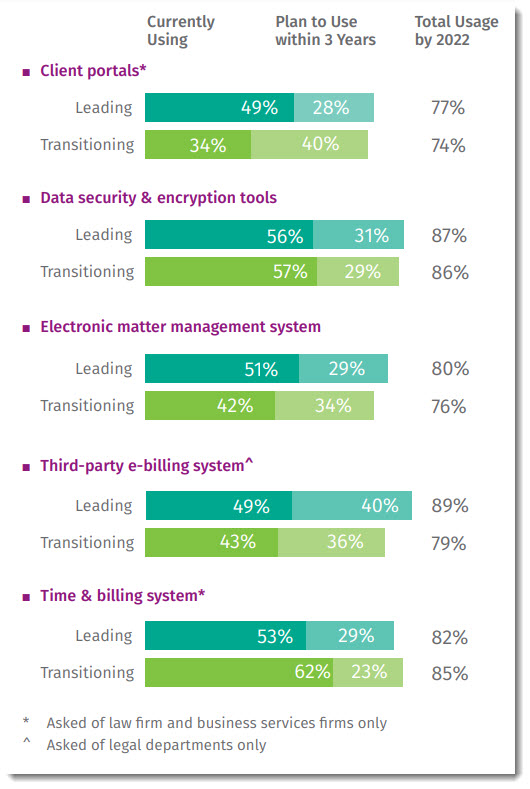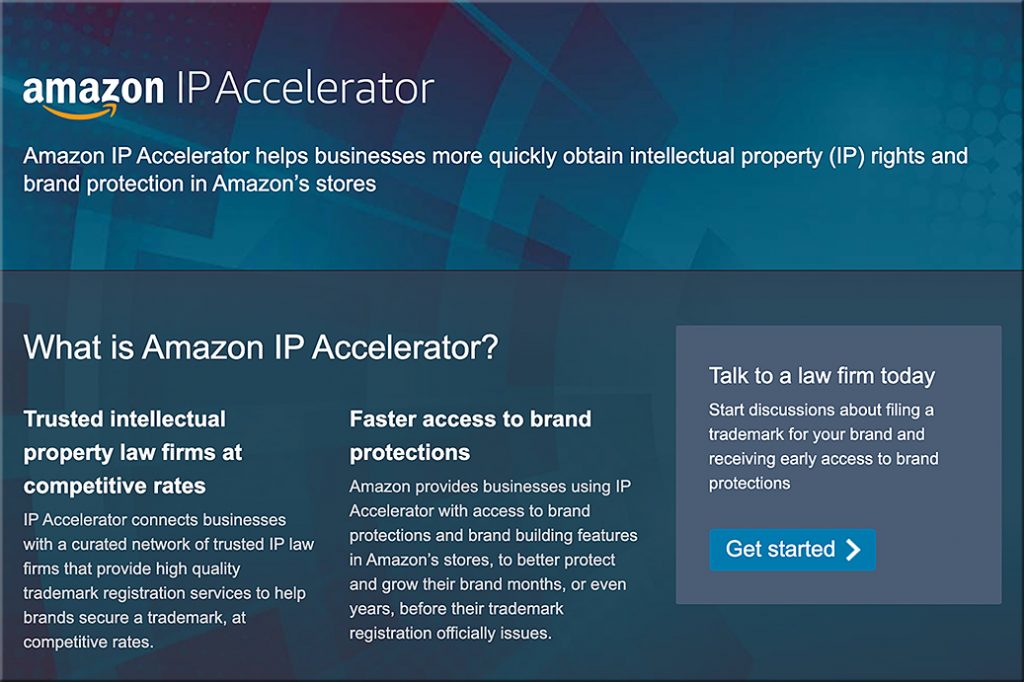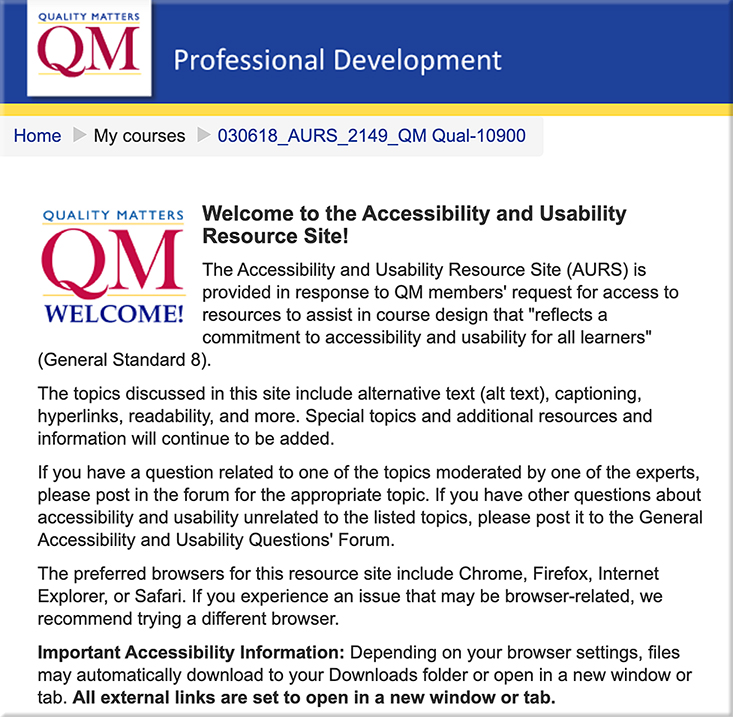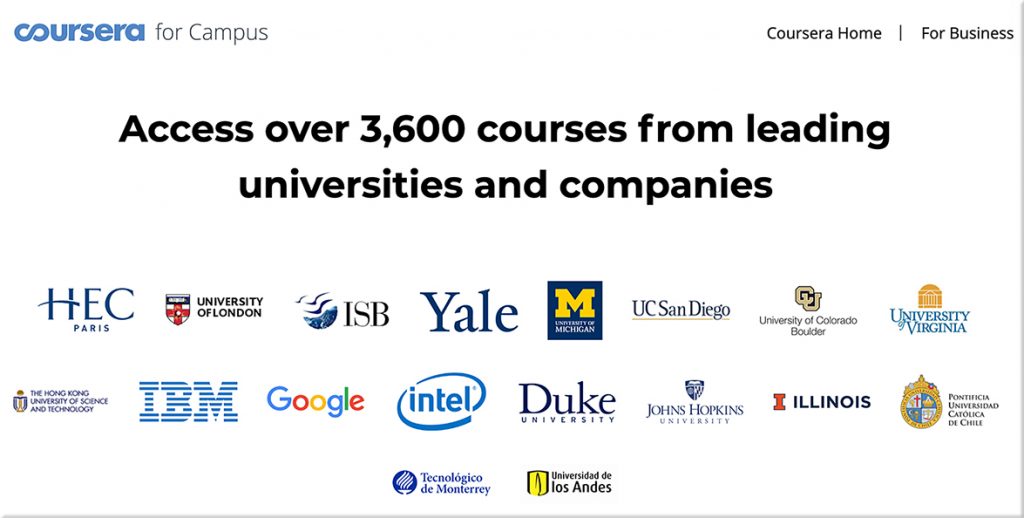Pre-to-3: App uses medical model to screen for dyslexia — from educationdive.com by Linda Jacobson
?Children can administer the assessment themselves, and teachers get resources on how to respond if students are missing key literacy milestones.
Excerpt:
That’s why she wanted to provide educators with a screening instrument children can administer themselves, and one that provides strategies to help children when they miss key early literacy milestones in areas such as vocabulary, oral listening comprehension and phonological awareness.
The Boston Children’s Hospital Early Literacy Screening System is a 20-minute, game-based, adaptive app being piloted in 40 schools in nine states.















